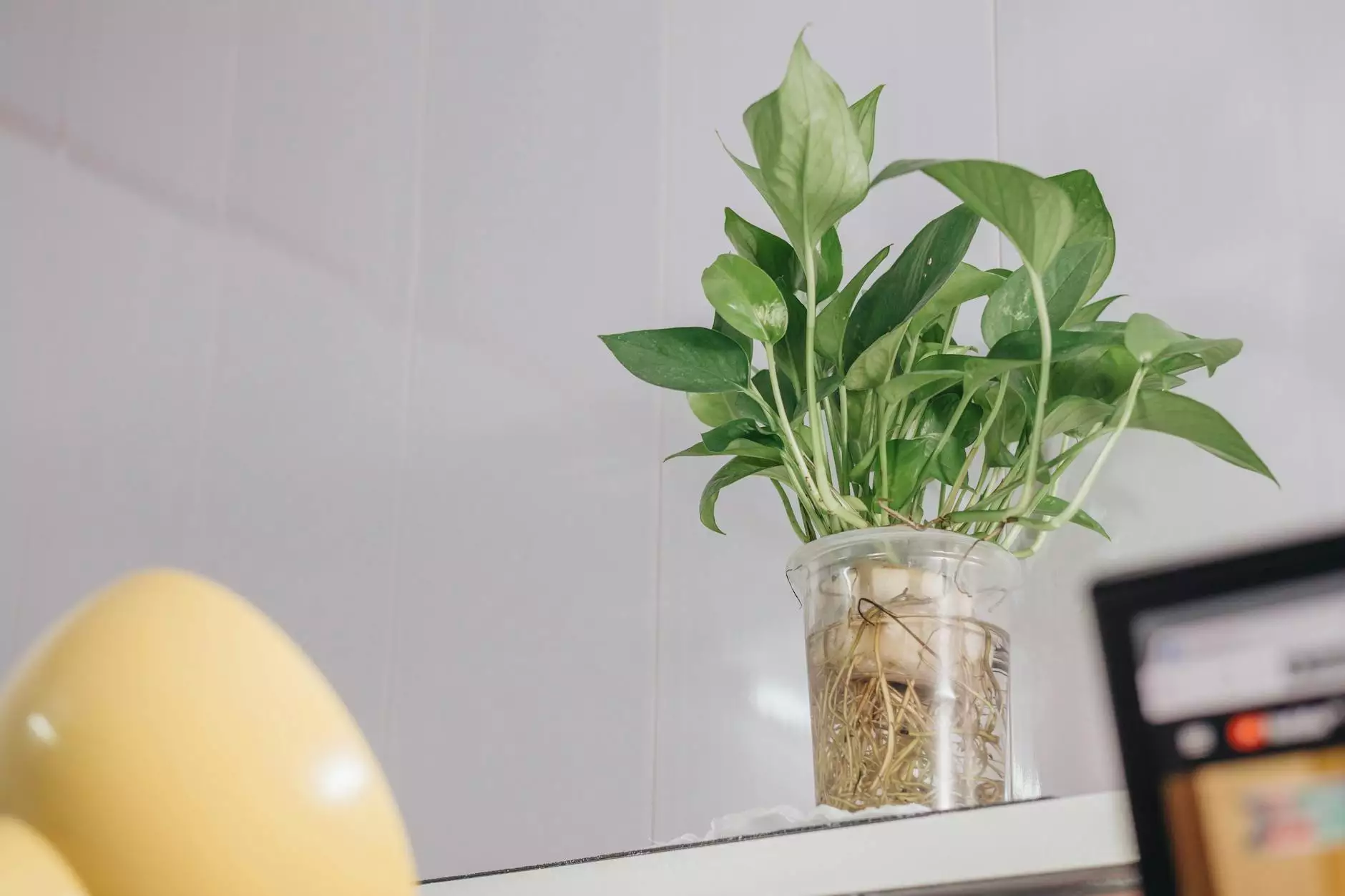The Significance of Jurema Root: A Deep Dive into Mimosa Hostilis

Jurema root, scientifically recognized as Mimosa hostilis, is more than just a plant—it's a symbol of heritage, culture, and traditional practices, especially in Brazil and other South American nations. Known for its profound spiritual significance and remarkable healing properties, jurema root has become a subject of interest in the realms of herbal medicine, natural remedies, and cultural studies.
1. What is Jurema Root?
The jurema root comes from a tree that is primarily found in the northeastern regions of Brazil. This plant is cherished not only for its unique physical appearance but also for its active compounds, which have a variety of uses. Its bark is dark and rough, possessing a rich source of psychoactive alkaloids, mainly dimethyltryptamine (DMT).
2. Cultural Background of Jurema
The term "jurema" itself is believed to have indigenous origins, with various tribes in Brazil utilizing the plant for centuries. This deep connection to Brazil's indigenous cultures highlights the plant's role in rituals, healing practices, and spiritual ceremonies. The significance of jurema extends beyond mere botany; it's interwoven with the very fabric of cultural identity in many South American communities.
2.1 Indigenous Uses of Jurema
For indigenous peoples, jurema has served various purposes, such as:
- Spiritual Practices: Many indigenous tribes use jurema root in ceremonial contexts, often as a means to connect with spiritual realms.
- Traditional Medicine: The plant is revered for its therapeutic benefits; it plays a crucial role in treating numerous ailments through its natural compounds.
- Cultural Identity: The use of jurema is integral to the cultural practices and traditions of many native groups, representing a link to their ancestors and spiritual beliefs.
3. The Chemistry Behind Jurema Root
The primary component of jurema root is alkaloid dimethyltryptamine (DMT). This naturally occurring psychedelic substance is known for its profound psychoactive effects, traditionally used to induce altered states of consciousness. In addition to DMT, jurema root contains other beneficial compounds such as:
- Tannins: Which provide astringent properties.
- Flavonoids: Known for their antioxidant effects.
- Phenolic Compounds: Which contribute to its health benefits.
4. Health Benefits of Jurema Root
Beyond cultural importance, jurema root has gained recognition in modern herbalism for its various health benefits. Some of the notable advantages include:
4.1 Antidepressant Properties
Studies suggest that DMT may have potential antidepressant effects. Users have reported mood elevation and a profound sense of well-being following its use in therapeutic settings.
4.2 Anti-inflammatory Effects
The presence of flavonoids and tannins in jurema root contributes to its anti-inflammatory properties, making it useful in alleviating conditions related to inflammation.
4.3 Detoxification
Jurema root is also considered beneficial for detoxifying the body, helping in the elimination of toxins and promoting overall health.
4.4 Enhancing Spiritual Experiences
Many seekers of spiritual growth have turned to jurema for its ability to facilitate deep, transformative experiences. When used in ceremonies, it is believed to enhance one’s connection to self and spirit.
5. How to Use Jurema Root
For those interested in harnessing the power of jurema root, there are several methods of preparation and use, including:
- Tinctures: Concentrated extracts made by soaking the root in alcohol.
- Teas: Made by simmering jurema root in water, allowing the compounds to be extracted.
- Powdered Form: The dried root can be ground into a powder and used in various herbal remedies.
5.1 Preparations for Ceremonial Uses
In spiritual ceremonies, jurema is often used in conjunction with other plants to create specific brews aimed at enhancing spiritual experiences. Traditional recipes may include:
- Brews: Commonly prepared using a combination of jurema root and other psychoactive plants or herbs.
- Ritualistic Offerings: Used in ceremonies to honor spiritual beliefs and practices.
6. Legal Status of Jurema Root
The legal status of jurema varies by country and jurisdiction, which can be a significant consideration for those looking to use it. In Brazil, jurema and its uses, particularly in traditional and religious ceremonies, are generally accepted. However, in other places, the legality concerning its psychoactive properties can be complicated. It is vital to research local regulations before purchase or use.
7. Sourcing High-Quality Jurema Root
When seeking organic jurema root, it is essential to choose reputable suppliers to ensure the quality and authenticity of the product. The website mimosarootbarkstore.com specializes in providing high-quality jurema root and various herbal products, ensuring customers receive pure and ethically sourced materials.
7.1 What to Look for in a Supplier
Here are some important factors to consider when selecting a supplier for jurema root:
- Transparency: Suppliers should disclose the source and quality testing of their products.
- Customer Reviews: Insight from other buyers can provide valuable information about product effectiveness and quality.
- Organic Certification: Look for products that are certified organic to ensure they are free from harmful pesticides and chemicals.
8. Final Thoughts on Jurema Root
The incredible journey of jurema root from indigenous traditions to contemporary herbal practices illustrates its profound impact on culture and health. Its integration into modern herbalism highlights its versatility and the renewed interest in natural remedies. With its rich history, significant health benefits, and role in spiritual practices, jurema root stands as a testament to the importance of nature in wellness and cultural identity.
If you're looking to explore the many benefits of jurema root, consider visiting mimosarootbarkstore.com to find quality products that celebrate this powerful plant.



